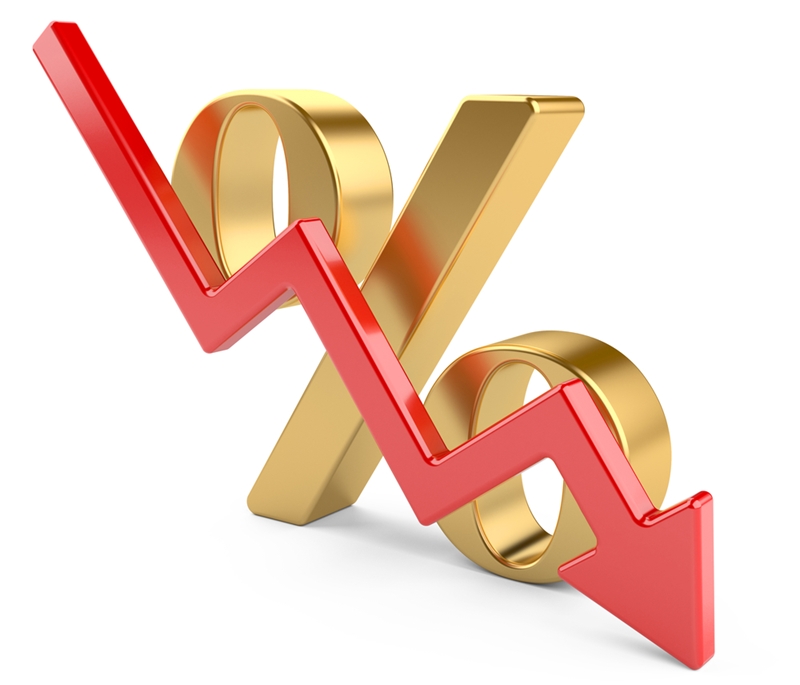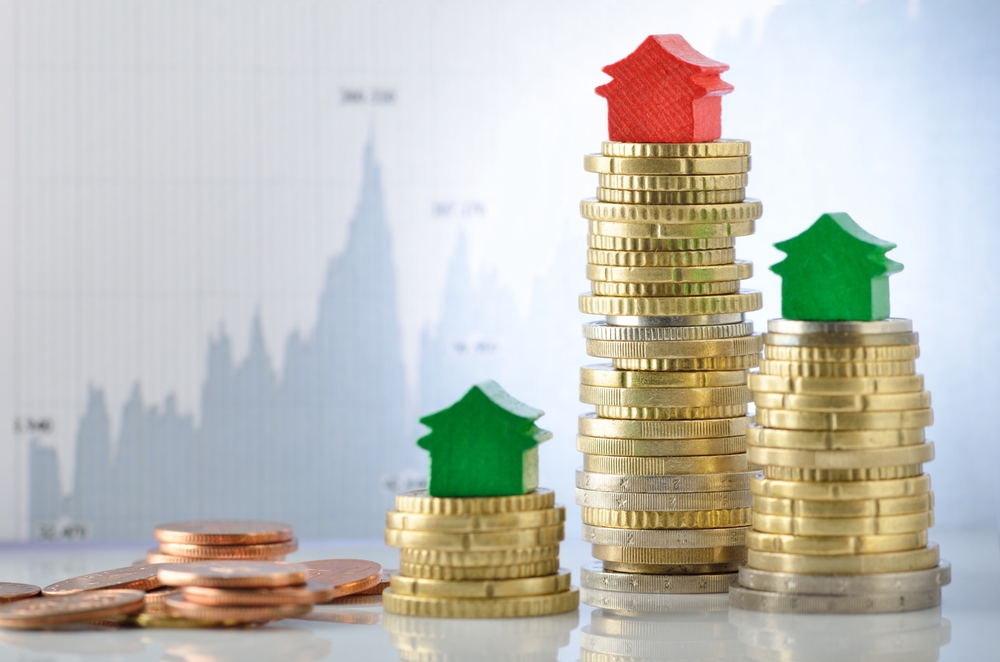Your home loan's interest rate may seem like an inconsequential footnote from afar, but when you look closer it's clear that it can greatly affect the cost of your loan in the long term. In fact, paying five per cent interest on a $500,000 loan over a 25 year period, would cost you almost $100,000 more in interest repayments than a four per cent rate would.
In the name of saving a little money, let's have a closer look at the three types of interest rates on home loans, so that you can start to decide which is right for you.
Floating – ride the market's wave
With floating interest you're rate will go up and down as the cash rate and the market change. If the rate drops, you'll reap the benefits and pay less interest. On the other hand if the rate increases, you'll be paying more.

For obvious reasons securing a loan with a floating rate is a good idea if you believe rates will drop. However, it's incredibly difficult to know this for sure and it's advisable to talk to a South Australian mortgage broker for helpful advice on which rate is best for your needs.
Fixed – lock in low rates
The Reserve Bank recently cut the Official Cash Rate to 1.5 per cent – the lowest it's been in history. This has led to commercial banks passing on roughly half of the savings, offering record low interest rates on home loans.
At this point in time a fixed rate home loan may be best option, as it would allow you to lock in low interest rates. However many have forecasted that rates may drop further, including Alberto Gallo, an industry leading credit analyst:
"There is going to be a very long environment of low, near zero or negative rates, and clearly Australia is converging to that environment."
"There is going to be a very long environment of low, near zero or negative rates."
Split – hedge your bets
If interest rates do drop further a fixed loan will mean you miss out on any savings that come as a result.
In this situation, when no one is quite sure which way the market will go, a split loan may be the best option.
A split loan allows you to pay a fixed rate on a portion of your loan and a variable rate on the remaining amount. This will leave you less susceptible to changes in the market.
If you're not quite sure which rate is right for you, get in touch with Advantage Finance for expert advice to guide you from pre-approval, right though to your last repayment.

